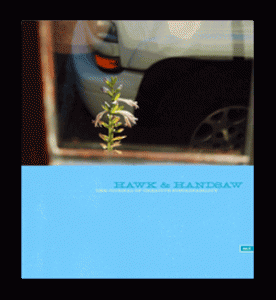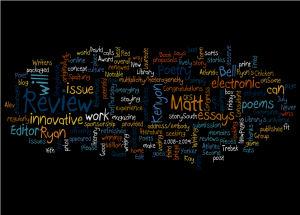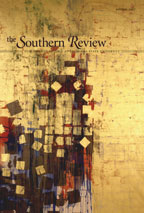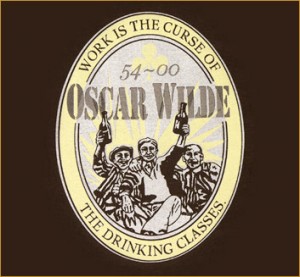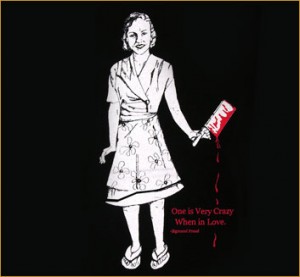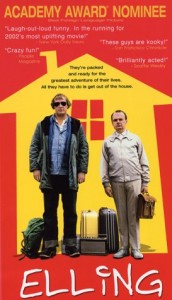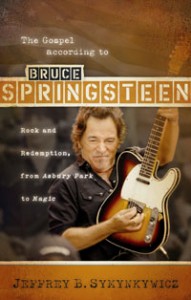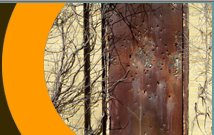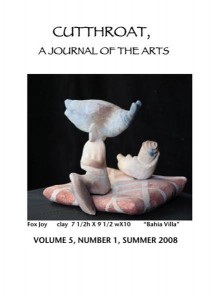Bulwer-Lytton Fiction Contest
2008 Results
Theirs was a New York love, a checkered taxi ride burning rubber, and like the city their passion was open 24/7, steam rising from their bodies like slick streets exhaling warm, moist, white breath through manhole covers stamped “Forged by DeLaney Bros., Piscataway, N.J.”
Garrison Spik
Washington, D.C.
The winner of the San Jose State University Dept. of English & Comparative Literature2008 Bulwer-Lytton Fiction Contest is Garrison Spik (pronounced “speak”). Spik is the 26th grand prize winner of the contest that began in 1982.
 An international literary parody contest, the competition honors the memory (if not the reputation) of Victorian novelist Edward George Earl Bulwer-Lytton (1803-1873). The goal of the contest is childishly simple: entrants are challenged to submit bad opening sentences to imaginary novels. Although best known for “The Last Days of Pompeii” (1834), which has been made into a movie three times, originating the expression “the pen is mightier than the sword,” and phrases like “the great unwashed” and “the almighty dollar,” Bulwer-Lytton opened his novel Paul Clifford (1830) with the immortal words that the “Peanuts” beagle Snoopy plagiarized for years, “It was a dark and stormy night.”
An international literary parody contest, the competition honors the memory (if not the reputation) of Victorian novelist Edward George Earl Bulwer-Lytton (1803-1873). The goal of the contest is childishly simple: entrants are challenged to submit bad opening sentences to imaginary novels. Although best known for “The Last Days of Pompeii” (1834), which has been made into a movie three times, originating the expression “the pen is mightier than the sword,” and phrases like “the great unwashed” and “the almighty dollar,” Bulwer-Lytton opened his novel Paul Clifford (1830) with the immortal words that the “Peanuts” beagle Snoopy plagiarized for years, “It was a dark and stormy night.”
Other categories include: Adventure, Children’s Literature, Detective, Fantasy Fiction, Historical Fiction, Purple Prose, Romance, Science Fiction, Spy Fiction, Vile Puns, Western, and plenty of Miscellaneous Dishonorable Mentions, inlcuding:
Behind his pearly white smile lay a Bible black heart, not like the Psalms with its, “Make a joyful noise unto the Lord,” but like Revelations where God just smites people.
Elaine Deans
San Jose, CA
There are certain people in the world who emanate an aura of well being — they radiate sunshine, light up a room, bring out the best in others, and fill your half empty glass to overflowing – yes it was these very people thought Karl, as he sharpened his mirror-finished guthook knife, who were top of his list.
Jason Garbett
London, U.K.
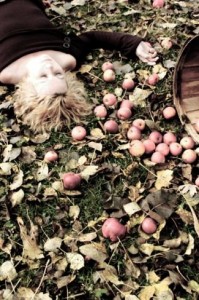 Calling all Internet-only journals!
Calling all Internet-only journals!
